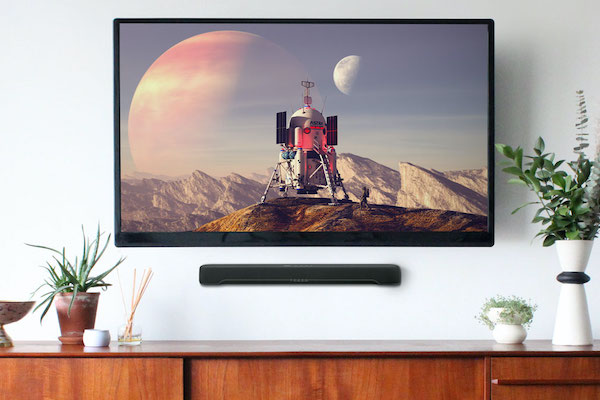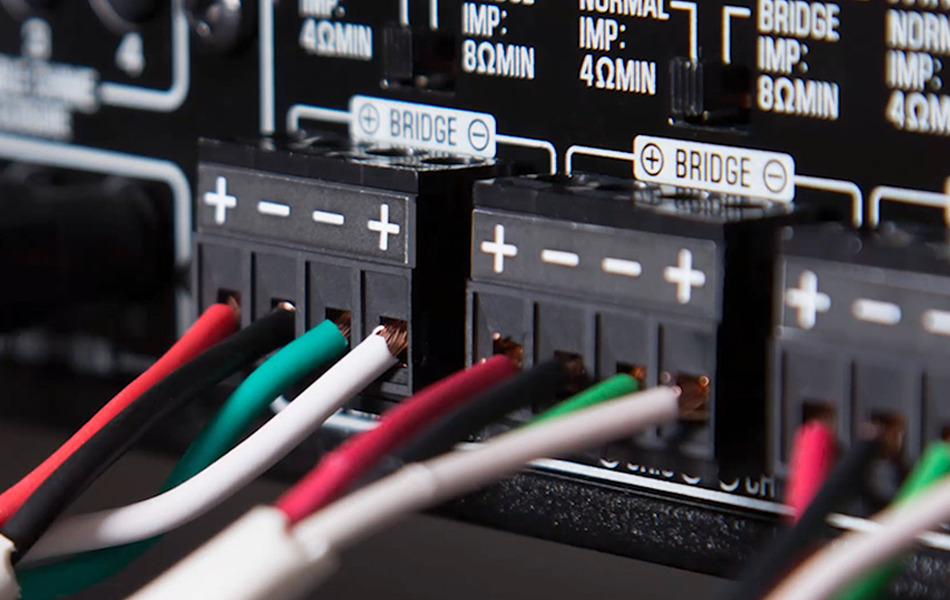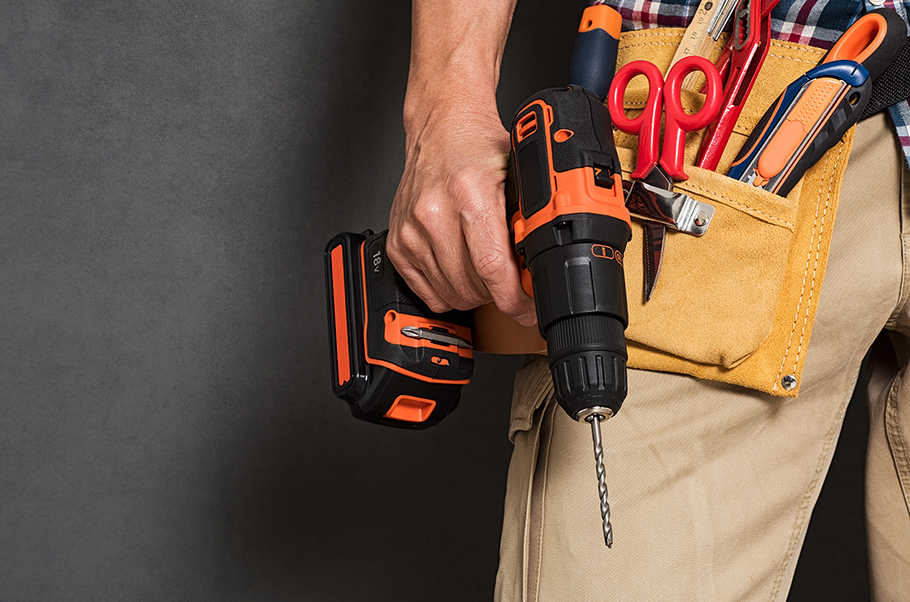How to Recycle Your AV Gear
When you’re ready to recycle, do so responsibly.
You’ve finally made up your mind to give up your VHS tape player, along with the stereo receiver you had in college and that cheap Bluetooth® speaker you won at the company picnic five years ago.
Tossing out old gear is easy. But disposing of unwanted electronics in a responsible way requires a little extra care (which is probably why it takes us so long to do it!).
In this blog posting, we’ll tell you how to do so … but first let’s start with three things you should not do:
1. Leave it on the street next to your trash cans on trash day. Definitely not. Electronics in your household trash may be sent to landfills or incinerators, allowing harmful substances to leach into ground water and make its way back into our food supply.
2. Throw it in the dumpster at work. Bad idea. Instead, check with your employer to see what recycling programs they have in place. If they do, they probably have a designated area for e-waste recycling that is not the dumpster behind the building.
3. Dump it behind the nearest Goodwill and drive away before they see you. No! But you are getting warmer, since many of these types of organizations have recycling/donation programs. (See below.)
Instead, here are five responsible ways to recycle your old AV gear:
1. Utilize local recycling centers – Check your city or town’s website for a list of e-waste recycling centers. If there are no permanent centers, they may have designated e-waste recycling days. You can also utilize the Environmental Protection Agency’s website for information about recycling electronic equipment. This comprehensive site also provides links to other resources where you can look up recycling centers in your state.
2. Donate it, get a receipt, deduct it – Many charitable and nonprofit organizations such as Goodwill accept donations of working and even nonworking electronics. They will repair what can be repaired and separate out reusable components to sell to reputable recyclers. They can also give you a receipt that may allow you to deduct the depreciated cost of the gear you donate from your tax return. (Check with your tax specialist to see whether you qualify.) One of my favorite recycling options is provided by Los Angeles-based Homeboy Electronics Recycling, who even offer vintage electronic equipment for use as movie props. Very creative!
3. Sell it – There is a large market for used electronics, even for devices that don’t work any more. Check out resources such as Craig’s List, Facebook Marketplace, OfferUp or eBay for Charity. Yamaha AV products are built to last, so even if you’ve had yours for years, it may be a gem that someone else can enjoy for a long time to come.
4. Trade up – As with most technology, we always want to have the latest and greatest AV system. In fact, the desire to upgrade is probably the most common reason for getting rid of your current components, and there are websites where you can trade in your old equipment and get credit toward purchasing a new piece. Check out AudiogoN and Crutchfield (powered by 2nd Life).
5. Take it to a retailer – Many large companies now offer recycling, trade-in or buyback programs. Check their websites for details.
Whichever option you choose, be sure to delete any personal information stored on your electronics before getting rid of them and check for any media left in players. I’m still looking for the second disk of my Dances with Wolves DVD, and I’m fairly sure that I inadvertently donated it!
If you think about the planet and future generations as you rid yourself of old or outdated gear, you’ll find that spending a little extra time to do so responsibly is well worth it. And think of what you can do with all that extra space you’ll have after recycling your old gear … like filling it with new AV gear!
Want to learn more about recycling electronics? Check out these resources:
e-Stewards: http://e-stewards.org/
Call2Recycle (for batteries): https://www.call2recycle.org/
Sustainable Electronics Recycling International (SERI): https://sustainableelectronics.org/















